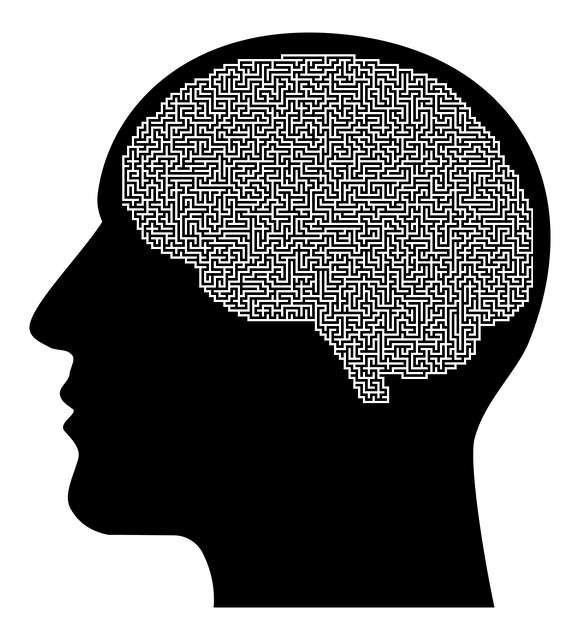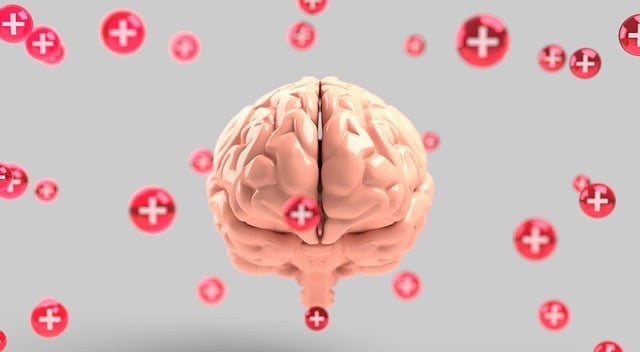TL;DR:
Therapy for Adults Functional Neurological Disorder (FND) should focus on RFM (Recovery, Functioning, Mastery) principles, incorporating emotional intelligence training and culturally sensitive care. This holistic approach emphasizes recovery beyond symptom reduction by building resilience through exercises like mindfulness, deep breathing, and art therapy. Regular engagement enhances coping strategies, boosts confidence, and improves quality of life, reducing the risk of relapse. RFM therapy also benefits mental health professionals by preventing burnout and fostering empathy within support networks.
“Uncover the transformative power of RFM (Resilience, Flexibility, and Mobility) in addressing the unique challenges posed by functional neurological disorders. This article delves into the essential role of RFM therapy as a game-changer for adults living with these conditions. We explore how implementing specific resilience-building exercises can significantly enhance quality of life and coping strategies. By understanding the core principles and practical steps outlined, individuals can navigate their journey towards improved functionality and overall well-being.”
- Understanding RFM and Its Role in Resilience Building for Adults with Functional Neurological Disorders
- Implementing Resilience Exercises: Practical Steps and Techniques
- The Impact of RFM Therapy: Enhancing Quality of Life and Coping Strategies
Understanding RFM and Its Role in Resilience Building for Adults with Functional Neurological Disorders

Understanding RFM (Recovery, Functioning, and Mastery) is paramount when fostering resilience in adults with functional neurological disorders (FNDs). This framework recognizes that recovery involves not just symptom reduction but also enhancing an individual’s ability to navigate life challenges. By focusing on these three dimensions, therapy for adults with FNDs becomes more tailored and effective.
Emotional intelligence plays a crucial role here, as it equips individuals with the skills to recognize and manage their emotions, a vital aspect of resilience building. Healthcare provider cultural competency training is also essential in ensuring that support is culturally sensitive and accessible. Moreover, risk management planning for mental health professionals is integral to creating safe environments where adults with FNDs can practice coping strategies and build mastery over their conditions.
Implementing Resilience Exercises: Practical Steps and Techniques

Implementing resilience exercises is a powerful approach to enhancing emotional well-being and fostering mental fortitude. For adults with functional neurological disorders, structured practices can significantly contribute to managing symptoms and improving quality of life. The first step involves identifying specific areas where resilience needs to be built, such as stress management, coping mechanisms, or self-regulation. This personalized approach ensures that exercises are tailored to individual needs, making them more effective and engaging.
Practical techniques include incorporating mindfulness meditation, deep breathing exercises, and progressive muscle relaxation into daily routines. These self-care practices not only help in the confidence boosting journey but also promote emotional balance. Additionally, keeping a gratitude journal or participating in creative outlets like art therapy can provide avenues for expressing emotions and cultivating a positive mindset. Through regular engagement in these activities, individuals can develop a toolkit of resilience that empowers them to navigate life’s challenges with greater ease.
The Impact of RFM Therapy: Enhancing Quality of Life and Coping Strategies

The impact of RFM (Resilience, Functional Medical) therapy extends far beyond mere symptom relief for adults with functional neurological disorders. By focusing on building resilience and coping strategies, this approach significantly enhances patients’ quality of life. Through tailored exercises designed to strengthen mental and physical resilience, individuals gain the tools to navigate stress, anxiety, and challenges more effectively. This proactive approach not only mitigates relapses but also empowers individuals to foster empathy within their communities, creating a supportive network that is crucial for long-term recovery.
Moreover, RFM therapy plays a pivotal role in burnout prevention among mental health professionals who support these individuals. By integrating resilience-building exercises into practice, therapists can enhance their own emotional well-being while providing more effective care. This holistic approach to treatment, which combines advanced therapeutic techniques with robust risk management planning, ensures that both patients and practitioners thrive, fostering a sustainable and empathetic environment for healing.
Resilience-focused movement (RFM) therapy emerges as a powerful tool to enhance the quality of life for individuals with functional neurological disorders. By integrating RFM and resilience-building exercises, therapists can equip adults with effective coping strategies to navigate their daily challenges. This holistic approach not only improves physical symptoms but also fosters mental fortitude, enabling individuals to embrace a more active and fulfilling lifestyle despite their conditions. As research continues to shed light on the benefits of RFM, it promises to revolutionize therapy for adults with functional neurological disorders.










